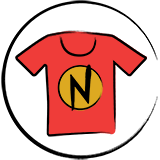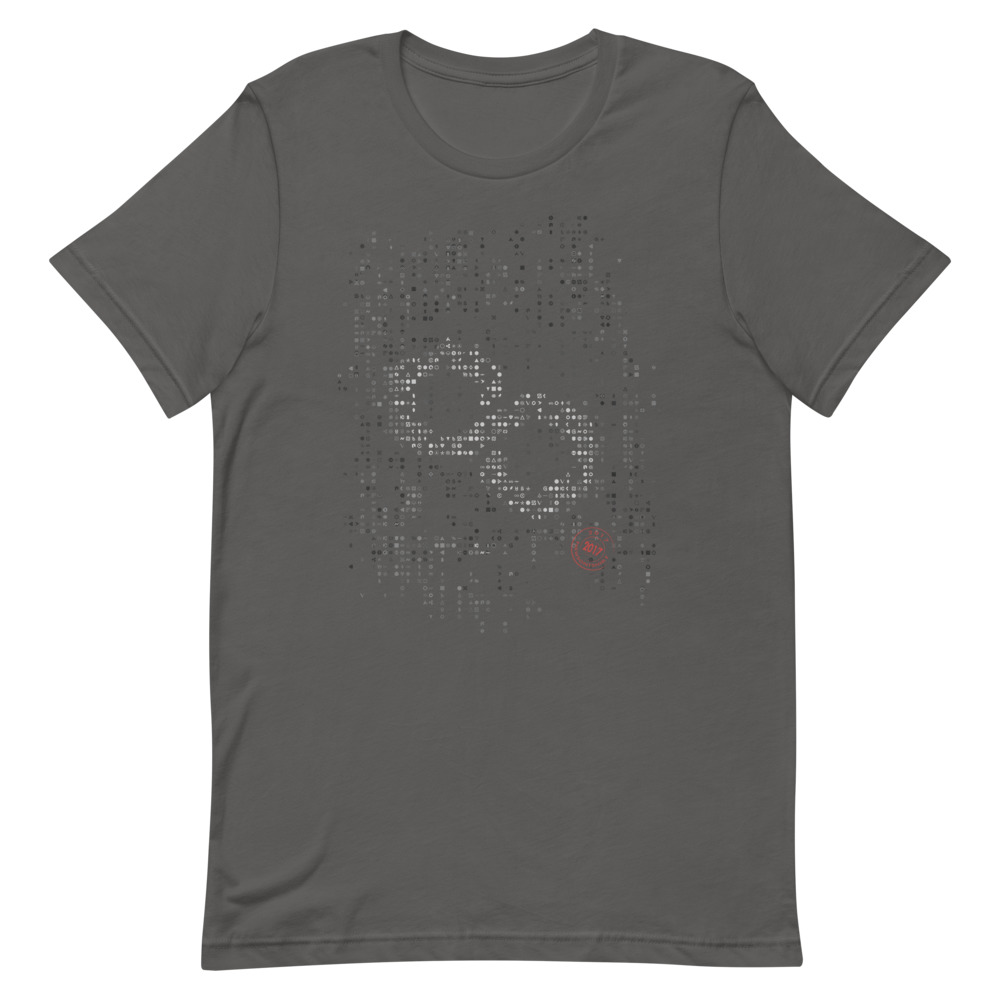Description
Cryptocurrency – Polygon
Introduction
Known as Matic Network, is a Layer 2 scaling solution for Ethereum that has recently risen in popularity and adoption. Polygon was founded in 2017 by Jaynti Kanani, Sandeep Nailwal, Anurag Arjun, and Mihailo Bjelic with the goal of providing faster and cheaper transactions on Ethereum.
Polygon aims to solve some of Ethereum’s major limitations like high gas fees, poor user experience, and low throughput. It allows Ethereum to securely scale while leveraging the robust developer ecosystem and strong network effects of the Ethereum blockchain.
By providing an easy way to scale decentralized applications (dApps) on Ethereum, Polygon is positioning itself as a key player in the world of Layer 2 solutions. It has seen massive growth in 2021, with over 7,000 dApps, 1 million monthly active users, and around $40 billion in digital assets locked into its network.
What is Polygon?
Polygon is a Layer 2 scaling solution designed to provide faster and cheaper transactions on Ethereum.
Specifically, Polygon is a sidechain scaling solution that provides Ethereum-compatible chains (known as “polygons”) that connect to the Ethereum blockchain. The core Polygon protocol allows building and connecting these Ethereum-compatible blockchains, enabling the Ethereum ecosystem to securely scale while leveraging Ethereum’s security.
Polygon uses a Proof of Stake (PoS) consensus algorithm that allows Ethereum users to stake MATIC tokens in validators who verify transactions on the Polygon network. Staking enables a secure and decentralized network needed to achieve Ethereum-level security.
By moving transactions to the Polygon sidechains instead of transacting directly on the Ethereum mainchain, Polygon is able to significantly reduce congestion on Ethereum and provide faster and cheaper transactions.
All transactions on Polygon sidechains are secured through eventual validation on the Ethereum mainchain. This two-layered approach delivers scalability while remaining securely backed by Ethereum.
Polygon’s MATIC Token
MATIC is the native cryptocurrency of the Polygon network. It is essential for paying the transaction fees on Polygon and interacting with Polygon sidechains.
The MATIC token serves three key functions on Polygon:
- Paying for Fees – MATIC is used to pay for the gas fees on transactions and interactions on the Polygon network. This is far cheaper than transacting directly on Ethereum mainnet.
- Staking – MATIC can be staked to become a validator on the Proof of Stake network. Staking helps secure the network and process transactions.
- Governance – MATIC token holders can participate in governance of the Polygon network by voting on upgrades and other proposals.
When the Polygon network was launched, MATIC tokens were distributed to users who bridged over tokens from Ethereum to Polygon. Billions of MATIC tokens have been distributed this way to bootstrap the network.
MATIC can be purchased on most major cryptocurrency exchanges. It is also available on Polygon decentralized exchanges like Quickswap. The token has been volatile but has seen massive growth along with Polygon’s ecosystem.
Polygon’s Key Features and Benefits
Polygon provides several key features and benefits that make it an appealing choice for scaling Ethereum:
- Faster Transactions – By validating transactions on Polygon sidechains instead of the main Ethereum chain, Polygon is able to provide significantly faster transaction speeds and confirmation times. Transactions on Polygon take seconds compared to minutes on Ethereum.
- Lower Fees – Processing transactions on Polygon sidechains costs a fraction of the outrageous gas fees on the congested Ethereum network. Average transaction fees on Polygon are well under $0.01.
- Scalability – Polygon is designed to scale Ethereum to thousands of transactions per second without compromising decentralization or security. This solves a major limitation of Ethereum.
- Security – Validating transactions on Polygon sidechains combined with periodic checkpointing to the Ethereum mainchain ensures Polygon inherits the strong security properties of Ethereum.
- Interoperability – Polygon allows assets and data to be transferred between Ethereum and other blockchains connected to Polygon, enabling interoperability.
- Developer Friendly – Polygon uses well-known Ethereum developer tools, APIs, and languages, making it easy for Ethereum developers to build on Polygon.
Polygon Ecosystem and Adoption
In the past year, Polygon has seen massive growth in its ecosystem and adoption from major projects and platforms:
- Over 7,000 decentralized applications have been built on Polygon, making it the #1 platform for Ethereum scaling solutions in terms of developer adoption.
- There are over 1 million active monthly users interacting with Polygon dApps, indicating strong user adoption.
- Approximately $40 billion in digital assets have been staked or locked into DeFi, NFT, and other dApps built on Polygon.
- Major DeFi protocols like Aave, Curve, Balancer and mStable have deployed on Polygon for lower fees.
- Top NFT platforms like Opensea, Decentraland, and Sorare are using Polygon to mint and trade NFTs affordably.
- Metaverse and gaming projects like Decentraland, Sandbox, Axie Infinity have built on Polygon.
Polygon’s thriving ecosystem and adoption by major players highlights its effectiveness in supporting scalable, low-cost decentralized applications. This vibrant ecosystem creates a strong network effect that should continue feeding Polygon’s growth.
Polygon vs Other Layer 2s like Arbitrum
Polygon is one of several Layer 2 solutions aiming to scale Ethereum transactions. How does it compare to competitors like Arbitrum?
Transaction Fees
- Polygon fees are around $0.001 per transaction, significantly cheaper than Ethereum.
- Arbitrum is slightly more expensive than Polygon, with avg fees $0.05 to $0.10 per transaction.
- Both offer major cost savings versus paying $20-$60+ per transaction on Ethereum mainnet.
Speed
- Polygon processes transactions in ~2 seconds, making it extremely fast.
- Arbitrum is also very fast, settling transactions in under 10 seconds.
- Far better than Ethereum’s average confirmation time of 1-2 minutes.
Security
- Polygon and Arbitrum inherit Ethereum’s rock-solid security by validating transactions via the Ethereum mainchain.
- Polygon uses its own Proof of Stake consensus, while Arbitrum uses Ethereum’s Proof of Work consensus.
Developer Experience
- Both support Ethereum tooling and languages for an easy developer experience.
- Polygon has first mover advantage with more tooling and integrations.
- Arbitrum has an incentive program to attract developers.
Network Effect
- Polygon has more traction with 7,000+ dApps vs Arbitrum’s 1,000+ dApps.
- Polygon benefited from earlier growth, but Arbitrum adoption is accelerating.
Future Outlook for Polygon
Polygon has seen immense growth and adoption in a short time. However, it still has challenges to overcome on the road to mainstream adoption.
Polygon’s roadmap focuses on three key areas:
- Scaling – Continuing to improve transaction speed and throughput to support global scale.
- Interoperability – Enhancing interoperability between Ethereum, additional layer 2s, and other blockchains.
- User Experience – Simplifying onboarding and usage for non-crypto native users through fiat onramps, cross-chain bridges, and intuitive interfaces.
Competition from other Layer 2 solutions like Arbitrum, Optimistic Rollups, and ZK Rollups continues to be a threat. Polygon must provide the best speed, user experience, and ecosystem to stay ahead.
Onboarding new users who aren’t already Ethereum users also remains an obstacle. Making crypto wallets, transactions, and concepts understandable for the mainstream is key to adoption.
Overall, Polygon’s future looks bright if the team can execute on their ambitious roadmap. With robust developer support and growing institutional interest in Web3, Polygon is poised to be a key infrastructure platform of the decentralized future.
Conclusion
Polygon has rapidly become one of the most popular Layer 2 scaling solutions for Ethereum. By providing faster and cheaper transactions, it offers a viable solution for Ethereum’s scalability limitations.
Key highlights about Polygon include:
- It’s a sidechain scaling solution that reduces congestion on Ethereum mainnet.
- It uses a Proof of Stake consensus model and MATIC tokens to secure the network.
- It provides faster and cheaper transactions, making decentralized apps more usable.
- Leading projects across DeFi, NFTs, and gaming have adopted Polygon.
- It’s easy for Ethereum developers to build on Polygon using familiar tools.
- There are simple steps to get started using Polygon with a compatible wallet.
- Polygon compares favorably to competitors like Arbitrum in fees, speed and developer experience.
- Ongoing challenges for Polygon include further scaling, competition, and onboarding new users.
With its vibrant ecosystem and increasing real-world utility, Polygon stands out as one of the top contenders to power the decentralized web of the future.
Rep Your Support for Cryptocurrency – Polygon T-Shirt
After learning about Polygon’s key role in scaling Ethereum transactions, what better way to show your support than repping a Cryptocurrency – Polygon T-Shirt?
A Polygon t-shirt allows you to display your interest in this innovative layer 2 solution. It sparks intrigue and conversations about the future of decentralized finance and blockchain technology.
With Polygon’s growing ecosystem and mainstream adoption, now is the time to get in early and back projects you believe in. A Polygon t-shirt signals you’re a supporter of its mission to make decentralized apps faster, cheaper, and more accessible.
Be part of the movement towards Web3 by repping Polygon apparel. Whether you’re a developer building cutting-edge dApps or an investor excited for the decentralized future, a Polygon t-shirt lets you display your enthusiasm for this history-making technology.
Below are some links related to the Cryptocurrency – Polygon news:
- Polygon – The Value Layer of the Internet
- Investopedia – What Is Polygon (MATIC)? Definition, Strengths, and Weaknesses
- Everipedia – Polygon
- Decrypt – What is Polygon (MATIC) and Why It Matters for Ethereum
We hope you like our project!


























Reviews
There are no reviews yet.